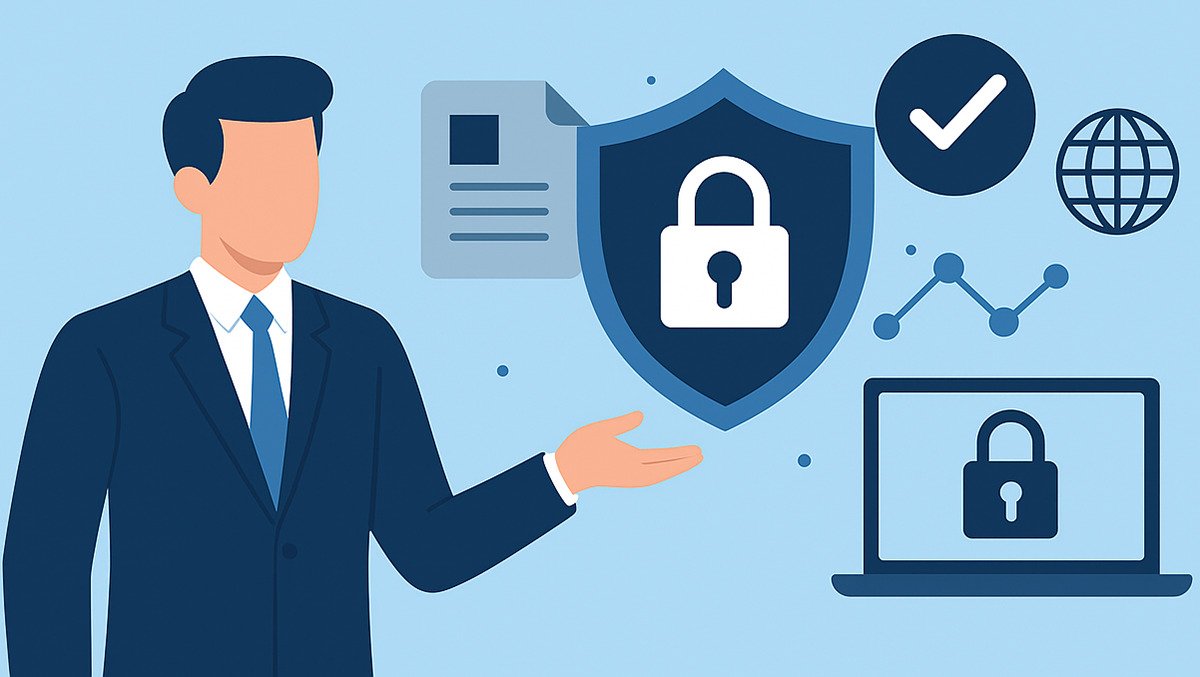How ISO 27001 Certification Enhances Business Security and Builds Trust
Businesses are increasingly recognising the importance of ISO 27001 certification as a demonstration of their commitment to cybersecurity and information protection. ISO 27001 is an international standard that provides a framework for securely managing sensitive company information. This framework is designed to help organisations prevent data loss, theft, or misuse by establishing effective controls and ongoing management of information security. The standard is built on three core principles: confidentiality, integrity, and availability. Confidentiality ensures that only authorised personnel can access information. Integrity guarantees that data remains accurate and reliable. Availability ensures that information is accessible when needed. Organisations adopting ISO 27001 implement an Information Security Management System (ISMS) to identify security risks, establish appropriate controls, train employees, and continuously improve their processes. The path to certification typically involves several steps, including an initial assessment of current security measures, the development and implementation of an ISMS with data protection policies, conducting internal audits to identify and address gaps, and an external audit by an independent assessor before certification is granted.
Acquiring ISO 27001 certification is crucial for organisations aiming to protect sensitive customer, employee, and company data. It enhances business credibility and reassures clients and partners about the organisation’s commitment to data security. Additionally, certification aids in complying with regulatory requirements such as the General Data Protection Regulation (GDPR) and, in certain industries, the Health Insurance Portability and Accountability Act (HIPAA). By identifying and rectifying security weaknesses early, businesses can significantly reduce the risk of data breaches and operational disruptions. Furthermore, certification can provide a competitive advantage, as many contracts require suppliers to meet ISO 27001 standards. The operational benefits of certification include streamlined processes, reduced errors, and an enhanced reputation with stakeholders. However, securing ISO 27001 certification can present challenges, particularly for smaller enterprises, including time and budget constraints, the complexity of documentation and procedures, and the need to achieve employee buy-in for new protocols. While any business can pursue ISO 27001 certification, it is especially relevant for sectors such as Financial Services, Healthcare, Technology, and Government. For instance, Banks, Hospitals, IT Service Providers, and agencies managing public records can greatly benefit from the enhanced security, compliance, and trust that ISO 27001 certification offers. Some businesses opt to seek specialist support for the certification process to navigate these challenges effectively.
Categories: ISO 27001 Certification, Information Security Management, Data Protection Compliance
Tags: ISO 27001, Certification, Cybersecurity, Information Security Management System, Confidentiality, Integrity, Availability, Data Protection, Compliance, Risk Management
